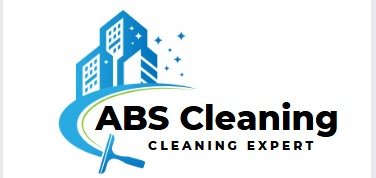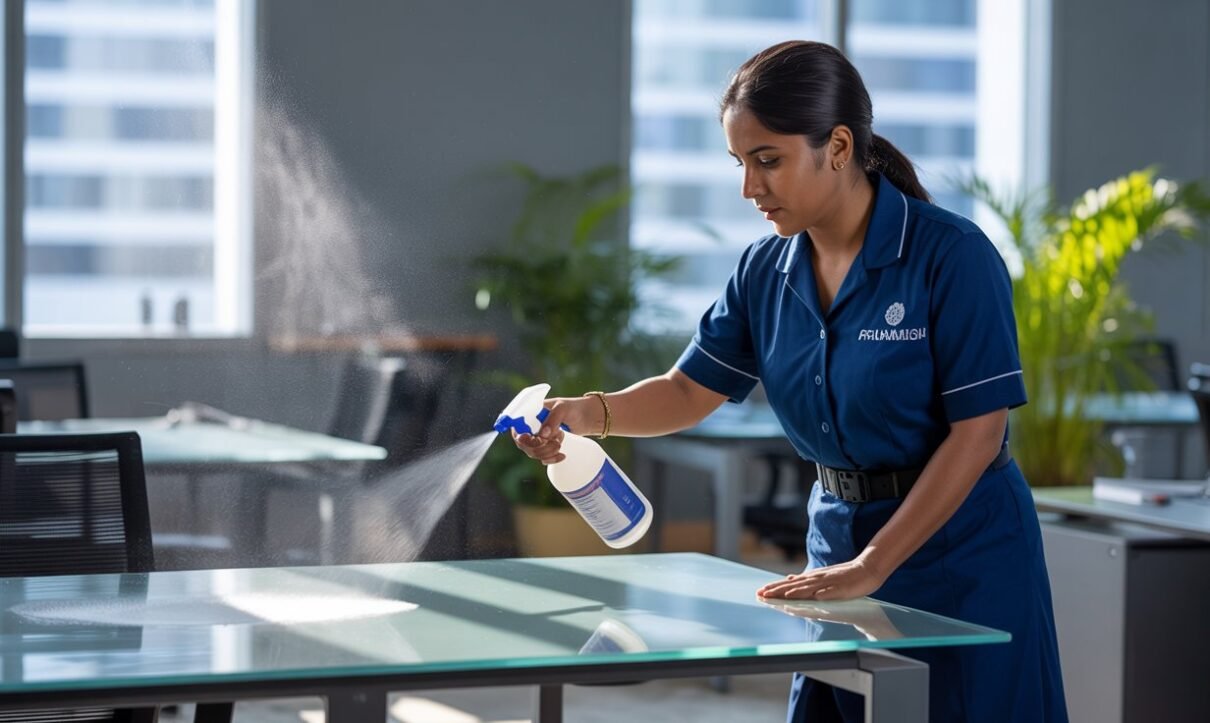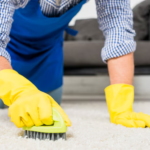Staying healthy involves more than just eating right and exercising; it also depends heavily on maintaining a clean and hygienic environment. Cleaning is a powerful and essential tool in preventing illness, promoting mental well-being, and ensuring overall physical health. A clean living or working space plays a vital role in reducing the spread of harmful germs, improving air quality, and creating a safe and comfortable atmosphere.
One of the most direct ways cleaning supports good health is by reducing exposure to harmful bacteria, viruses, and allergens. Everyday surfaces such as doorknobs, kitchen counters, light switches, and mobile phones can harbor thousands of microbes. If these are not cleaned regularly, they become points of infection, potentially leading to colds, flu, skin infections, or even more serious illnesses. By disinfecting commonly used surfaces, individuals can drastically reduce the risk of disease transmission within homes, schools, and workplaces.
Clean environments are especially important in kitchens and bathrooms, where moisture and food residues can create ideal conditions for germs and mold to grow. Mold spores, for example, can cause respiratory issues, allergies, and asthma attacks. Regular cleaning with appropriate solutions helps prevent these problems, ensuring better respiratory and overall health. In addition, proper food hygiene — including keeping food preparation areas clean — helps avoid foodborne illnesses like salmonella and E. coli, which can have severe health consequences.
In addition to physical health, cleaning also supports mental and emotional well-being. A cluttered, dirty space can increase stress, anxiety, and feelings of helplessness. Studies have shown that people who live or work in clean environments tend to sleep better, feel more focused, and experience fewer symptoms of depression. Cleaning itself can even be therapeutic for some people, offering a sense of control, accomplishment, and peace of mind.
Clean air is another health benefit of a well-maintained environment. Dust, pet dander, mold spores, and chemical pollutants can build up in indoor air if not cleaned regularly. These airborne particles can cause or worsen allergies and respiratory conditions. Vacuuming with HEPA filters, dusting surfaces, and maintaining ventilation systems help keep indoor air clean and breathable, contributing to healthier lungs and fewer respiratory problems.
Furthermore, regular cleaning helps minimize accidents and injuries. Keeping floors dry and clutter-free prevents slips and falls, particularly in homes with young children or elderly residents. Organizing spaces also ensures that dangerous items like sharp tools or cleaning chemicals are stored safely, reducing the risk of accidents.
In conclusion, cleaning is a simple yet highly effective practice to stay healthy. It protects against illness, promotes mental calmness, ensures safety, and enhances overall well-being. Whether it’s wiping down surfaces, vacuuming regularly, organizing clutter, or disinfecting bathrooms, every cleaning task contributes to a healthier life. By making cleaning a daily habit, individuals not only create a pleasant and safe space but also actively invest in their long-term health and quality of life.



